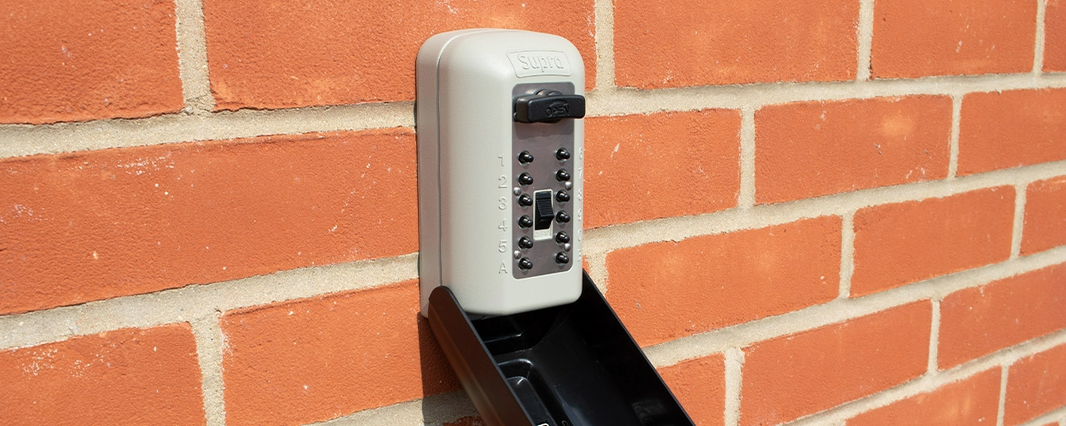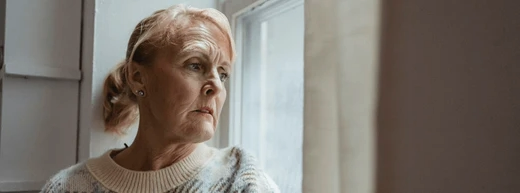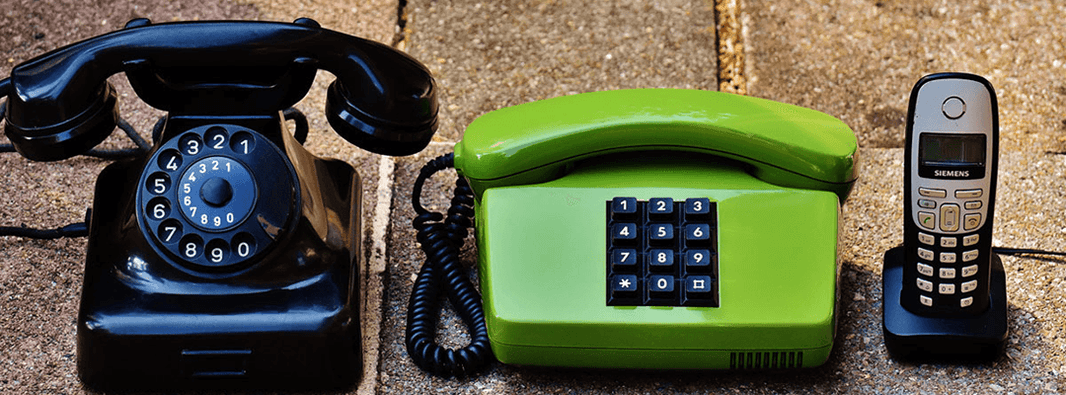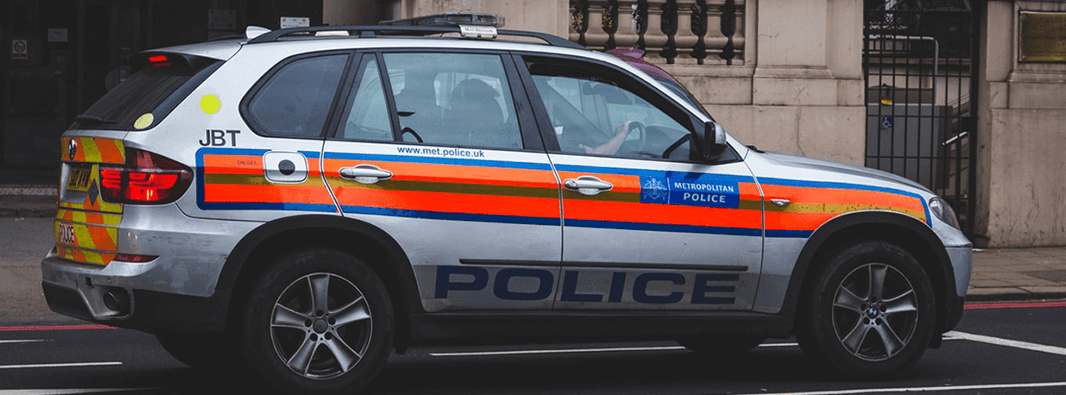It is important to many of us as we age that we remain independent and stay in our own homes. But staying at home comes with its own set of risks. It is important to be aware of these to keep yourself in the safest possible environment. We become more prone to many injuries as we age. There are also pre-existing health conditions that can affect things such as balance or vision. Some of the most common pre-existing conditions include:
- Cataracts
- Glaucoma
- Arthritis
- Osteoporosis
- Parkinson’s disease
- Cardiovascular disease
It is important to consider how these conditions can affect one’s day to day life and how to adjust. Some of the most common injuries suffered by elderly who live independently are:
- Burns
- Falls (which may result in brain injury or hip, vertebrae and pelvic fractures).
- Sprains
- Joint dislocation
- Infections
- Bedsores
Burns:
Burns is the second leading cause of death from home injuries. An older person does not respond as well to burn treatments and, as a result, have a higher mortality rate. Because of this, it is important to take preventative measures to ensure the safety of seniors.
Individuals who suffer from vison or memory impairment are much more likely to burn themselves accidentally or to start a fire. There are also illnesses such as peripheral neuropathy which affects how the sufferer experiences pain. This can occur from several diseases and environmental factors. To reduce the risk of burns, you can take the following steps:
- Set water heaters to a lower temperature.
- Install smoke and carbon monoxide detectors throughout the home.
- There are fire alarms for those who are hard of hearing that will let off a strobe light in order to alert them of a fire. These would not be appropriate to those who are prone to epilepsy or migraines.
- Keep all rooms properly lit.
- Simplify food preparation to avoid the need for hot burners or open flames in the kitchen.
This list covers simple changes that can be made to help those living independently to be safer and reduce the risks of burns. Anyone who suffers from peripheral neuropathy should contact a healthcare professional to implement additional measures to stay safe. It is also important to consider whether professional in-home services are required to further reduce the risk. This may include things such as meal delivery or regular fire and safety inspections.
Falls:
Falls are the leading fatal injury amongst seniors. Around 3 million are hospitalised each year as a result of a fall. The older body takes longer to recover from a fracture or a break in the bone. This may lead to many months of recovery and pain. A fall that leads to a lengthy recovery can threaten one’s ability to continue to live independently. The process can also lead to other complications such as depression. If as a result of a fall an elderly person suffers from Traumatic Brain Injury (TBI) or another form of head trauma this can have long-term consequences from which they may never recover.
Regular exercise under the care of a physician or physical therapist will strengthen the body, increase stability and help to prevent falls and the damage they may cause. If mobility is an issue it would be worth considering changing your home to reduce fall hazards. Consider also making the following changes to reduce risk:
- Add handrails where necessary and seats in showers.
- Place non-slip mats in high-risk areas such as the bathroom.
- Remove rugs that may cause tripping.
- Remove clutter and other obstacles.
- Secure furniture that may be prone to tipping over.
- Remove items with sharp edges or glass tops.
- Install an elevated toilet/toilet seat if needed.
- Install a ramp or lift assist for the stairs.
Again, it may be worth looking into hiring a contractor to make ageing accommodations to high-risk areas.
Careline Alarms
To further keep yourself safe, consider the importance of getting a Careline alarm as a means of getting help quickly should you have a fall, be injured or become unwell. Our dedicated Care Team are available 24/7 and often respond within 6 seconds. They can contact nominated people to attend the property and assist or can call the emergency services if necessary. We also provide additional sensors such as Smoke Detectors to further safety-proof the property. Should the smoke detector activate we would again ask people to attend and call emergency services as needs be.
Editor’s Note: This article was updated on 16th June 2021 to reflect current information.









